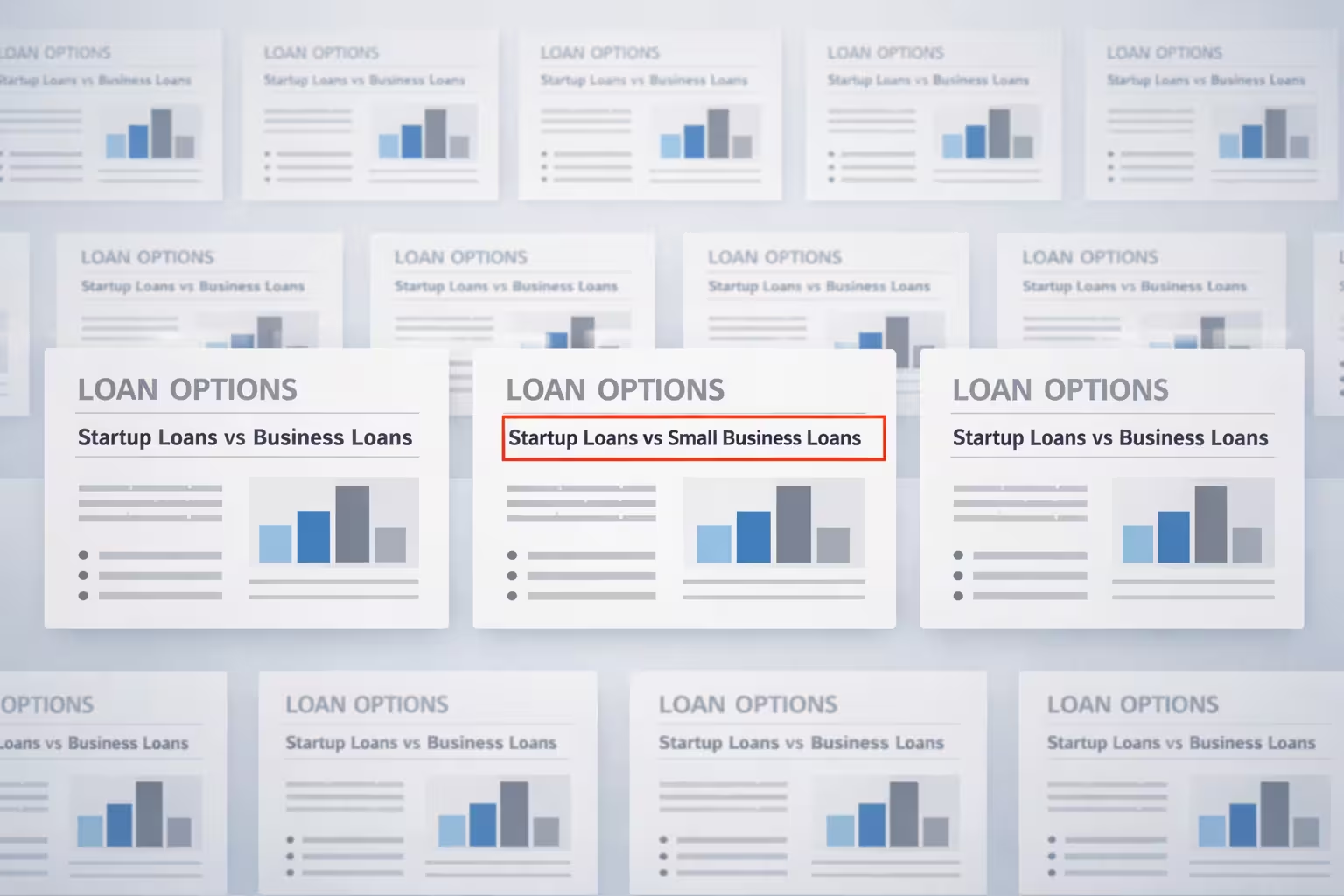Venture Debt: How it stacks up against loans
Written at: 22 Jan, 2025
Last Updated: 26 Sep, 2025
What is Venture Debt
Venture debt is a form of financing specifically designed for more often than not, venture-backed startups. It is typically offered as a supplement to equity financing and is aimed at providing companies with additional runway or funding for specific needs. This financing method has gained popularity in Singapore and Southeast Asia's startups in recent years because it allows startups to secure funds without significant equity dilution.
Some Features of Venture Debt
-Unlike equity financing, venture debt involves little to no dilution of ownership. Lenders may require warrants (options to purchase company stock at a set price), but this typically results in less than 1% dilution.
-Lenders often require collateral in the form of company assets, such as intellectual property, accounts receivable, or other tangible assets.
-Venture debt agreements may include financial or operational covenants, such as maintaining a minimum cash balance or meeting revenue targets. Non-compliance with these covenants can lead to default.
When to Consider Venture Debt
-Strong Revenue Growth: Startups with measurable and consistent revenue growth are more likely to secure venture debt.
-Market Adoption: Evidence of a strong product-market fit, such as increasing sales, customer base expansion, or recurring revenue, are things that lenders look at.
-Unit Economics: Lenders may look for signs of positive unit economics or a clear path to profitability.
Key Differences Between Venture Debt and Traditional Loans
-Repayment Terms: Venture debt repayment typically starts within 12 months of drawing down the funds and with principal payments over 3–4 years. Traditional loans may have shorter or longer repayment terms depending on the loan type and lender.
-Cost: Venture debt can be considered a hybrid between equity investment and loans. Lenders factor in the potential upside and offer a lower interest rate upfront. However, the long-term cost may be higher as your equity could be worth a lot more.
-Covenants: Venture debt has financial or operational covenants, as mentioned above, whereas a loan has none.
-Stage/Sector: Venture debt is often only available to tech startups and depending on the lender, at times further restricted to high-growth sectors or startups that are profitable. For loans, one can almost always find a lender for your company's stage and sector, so long as you can demonstrate the ability to repay it.
-Collateral: For loans, no collateral is required unless you are going for a secured loan.
Conclusion
Venture debt can be a powerful tool for startups looking to extend their financial runway without diluting equity or minimal dilution. However, its suitability depends on the company’s specific needs, growth stage, and ability to handle repayment. Startup founders should carefully evaluate their financial position, consult with their existing investors or engage experts to ensure they secure the most favourable terms.
Considering between equity and loan instead? Check out this article then!
--
If you enjoyed this article, we’d love for you to share it with others who might find it valuable. Even a quick like or comment here helps trigger the algorithm to reach more people! Our goal is to bring you insights that Big Finance doesn't want you to know, but they often get overshadowed by Big Finance's content due to the large budget they have. Every share helps amplify our work and reach more readers like you!
Subscribe to our LinkedIn newsletter here or on Medium here and never miss any new articles!
Give us a try — it’s free to get your personalized loan offers today!
Learn how we keep our content accurate in our Editorial Policy.
Share on:
Blog Highlights
Recent Posts
Pinned Posts
We believe in sharing knowledge freely. Anyone — whether a company, website, or individual — may republish our articles online or in print for free under a Creative Commons license. (This applies to full republishing, not just casual sharing on social media — feel free to use the share buttons as you like!)
- All hyperlinks must be retained, as they provide important context and supporting sources.
- You must include clear credit with a link to the original article.
- If you make edits or changes, please note that modifications were made and ensure the original meaning is not misrepresented.
- Images are not transferable and may not be reused without permission.










